Dhaka, Oct 22 (V7N) — State-appointed defense lawyer Amir Hossain has argued that the “superior command responsibility” charges brought against ousted Prime Minister Sheikh Hasina and former Home Minister Asaduzzaman Khan Kamal in connection with alleged crimes against humanity during the July uprising are unfounded and unsupported by evidence.
Presenting his argument before the three-member International Crimes Tribunal-1, led by Justice Md Golam Mortuza Majumder, Amir Hossain stated on Tuesday that neither Sheikh Hasina nor Asaduzzaman Khan had conspired or ordered any unlawful action during the movement. “They issued no direct orders to fire on protesters. There is no credible evidence to prove the prosecution’s claims beyond reasonable doubt,” he said, seeking acquittal for both.
He argued that the prosecution’s claims — suggesting that the former leaders instructed police to open fire on demonstrators — were based on speculation rather than witness testimony. “No witness before the tribunal has said that Sheikh Hasina or Asaduzzaman Khan ordered the use of lethal force,” Hossain added.
Addressing allegations that the former home minister held nightly “core committee” meetings at his residence, Hossain said such meetings were legitimate. “Discussing ways to restore law and order or stabilize the political situation is not a crime. These were lawful administrative discussions,” he said.
On the use of drones, helicopters, and lethal weapons, Hossain stated that such tools were deployed solely to monitor and control unrest, not to attack civilians. “If helicopters had actually fired on crowds, thousands would have died. Drone surveillance was used only to identify high-risk areas and disperse gatherings,” he noted.
When asked by the tribunal about the circumstances surrounding shootings in Jatrabari and Chankharpul, Hossain cited instructions from then-DMP Commissioner Habibur Rahman, who reportedly directed police to fire only from “kneeling positions” if absolutely necessary.
Responding to the tribunal’s query on the deaths of over 1,500 people during the unrest, Hossain argued that any excessive use of force by individual officers was a personal act, not a state policy. “Sheikh Hasina cannot be held responsible for the personal actions of any overzealous officer,” he said.
He further stated that the prosecution’s submission of call records and audio clips was questionable, citing the need for cross-verification by independent forensic agencies. “Relying solely on one government agency’s report does not meet international evidentiary standards,” Hossain asserted.
Meanwhile, in a separate trial related to the Ashulia case, where six people were allegedly killed and their bodies burned during the same period, the 19th prosecution witness, Police Sub-Inspector Abdul Barek, testified before International Crimes Tribunal-2, led by Justice Nazrul Islam Chowdhury. The defense completed cross-examination after his deposition.
The tribunal adjourned Tuesday’s session after incomplete arguments from the defense, scheduling the hearing to continue on Wednesday.
END/KMD/SMA/



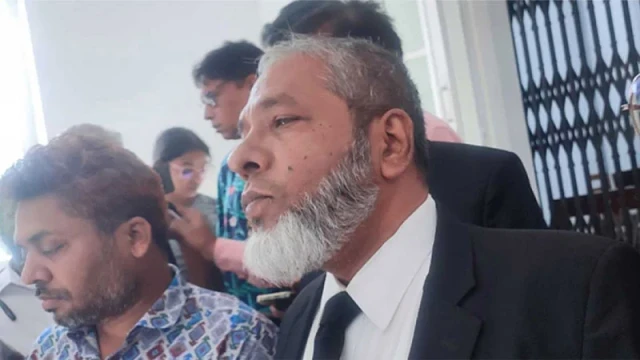
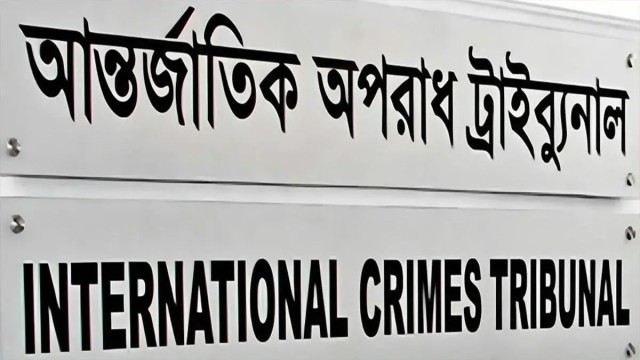
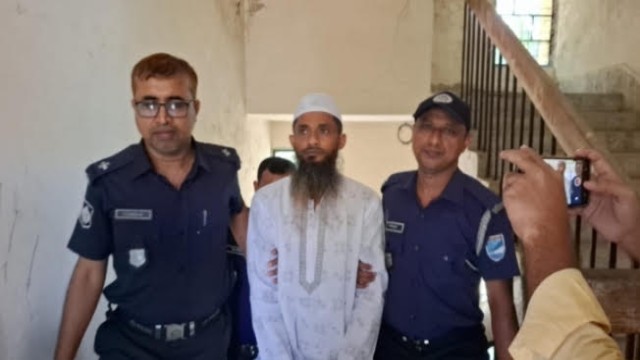
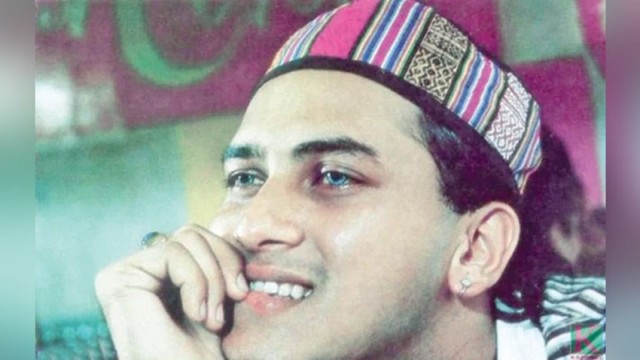
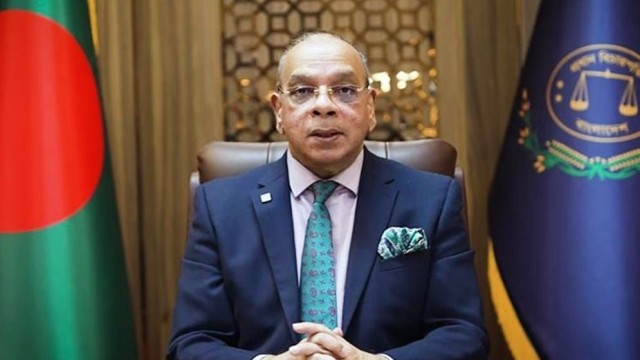
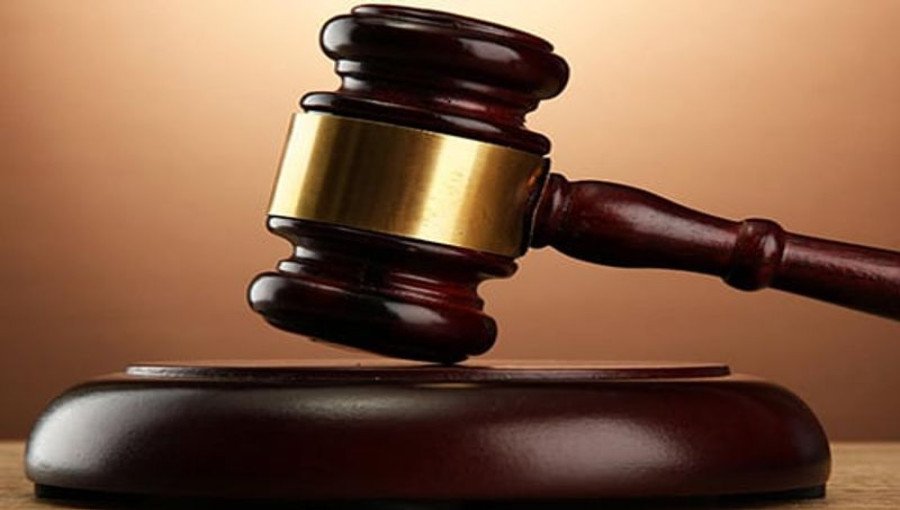
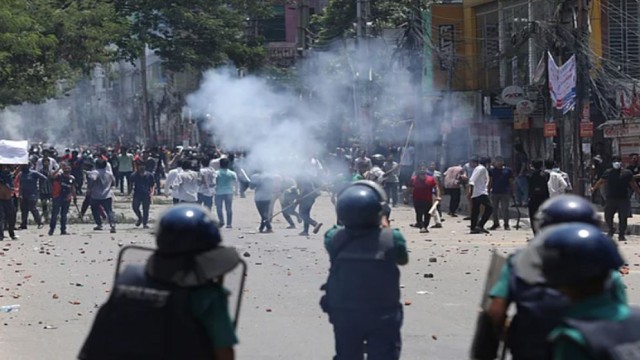
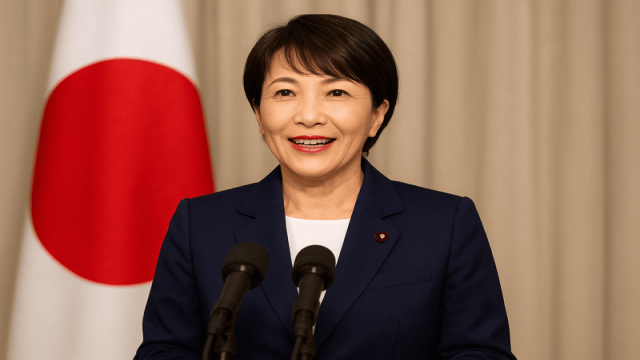
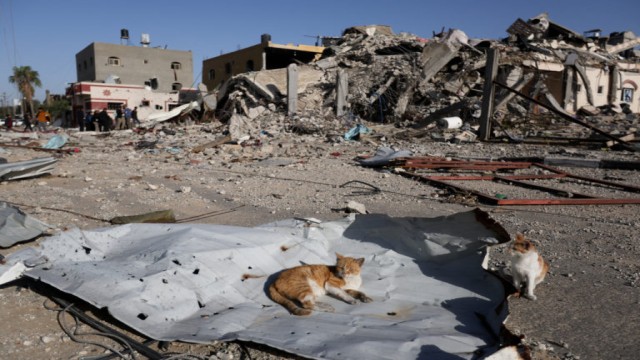
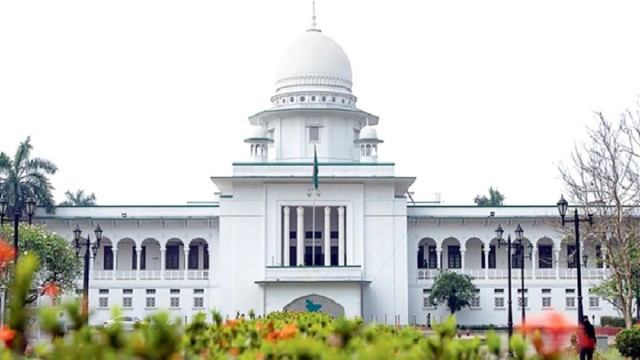
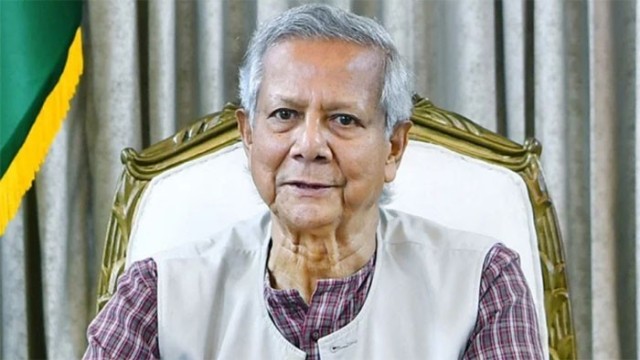
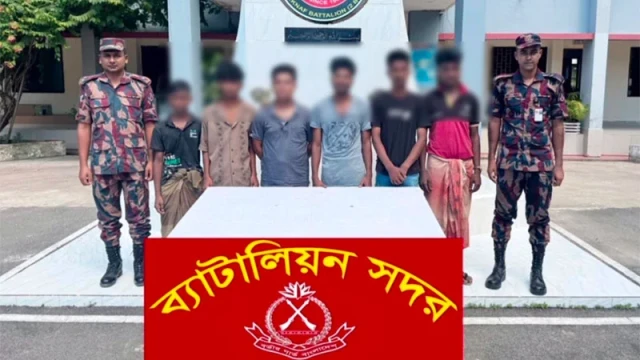
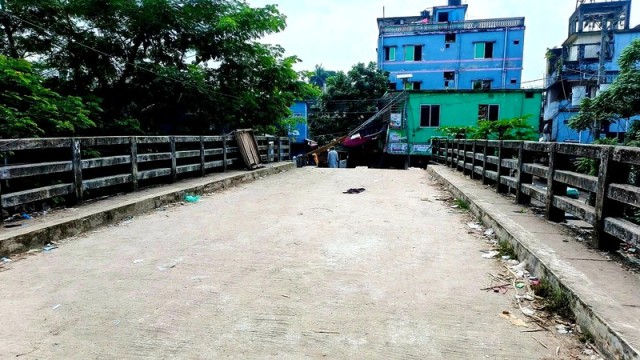

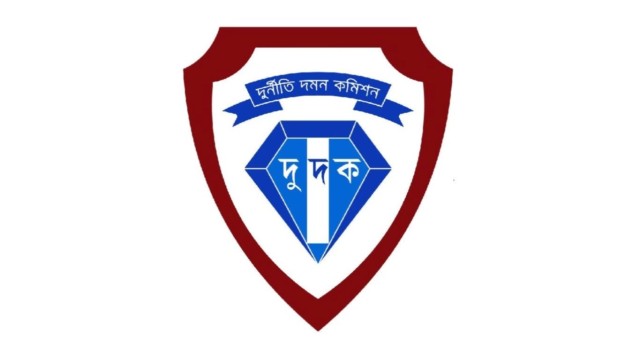

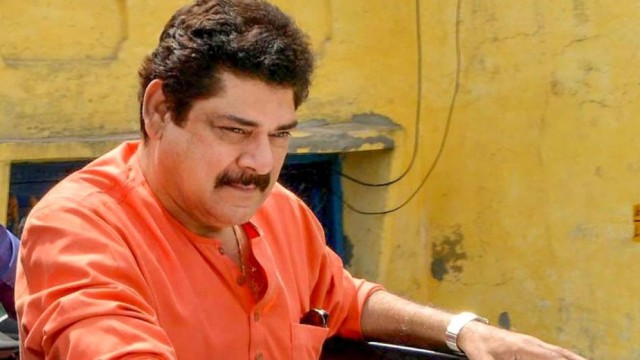
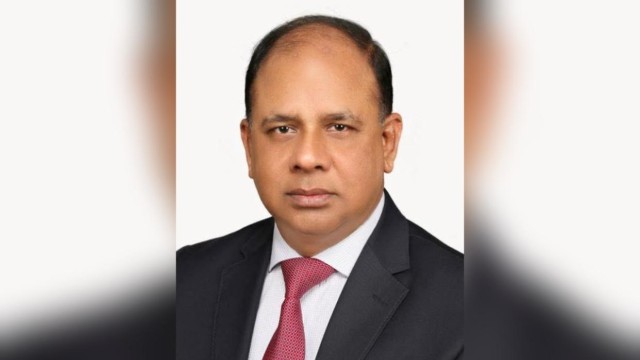
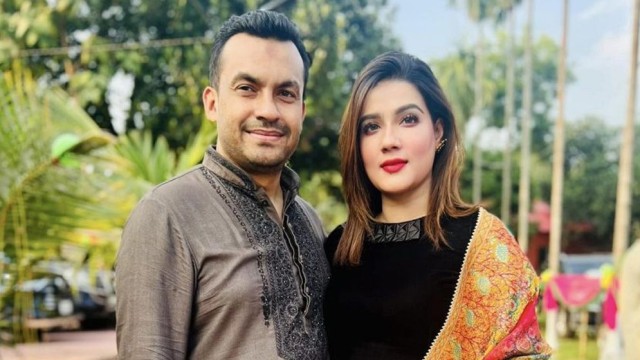
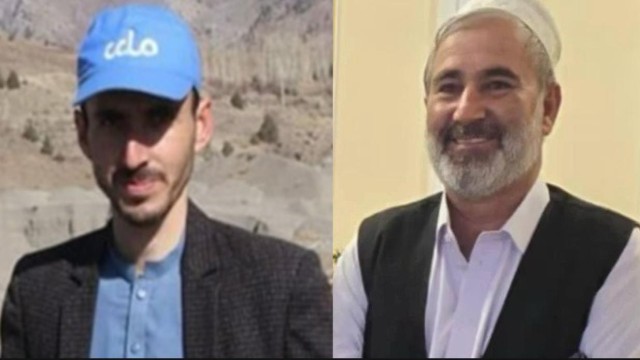
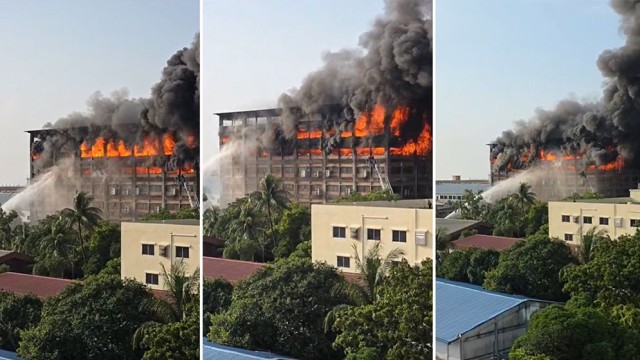


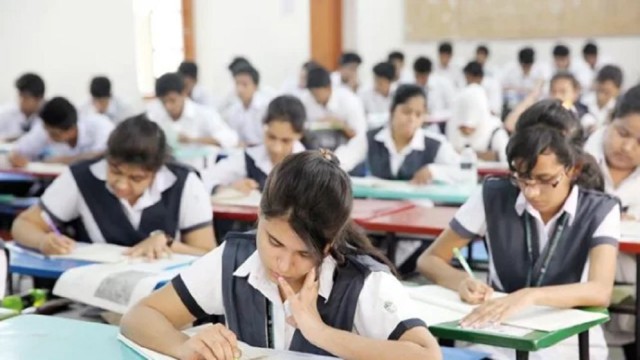
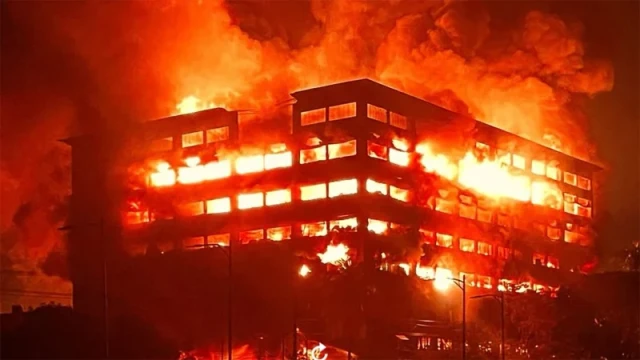
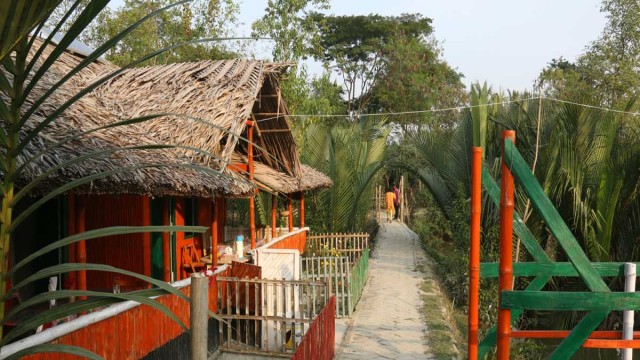
Comment: